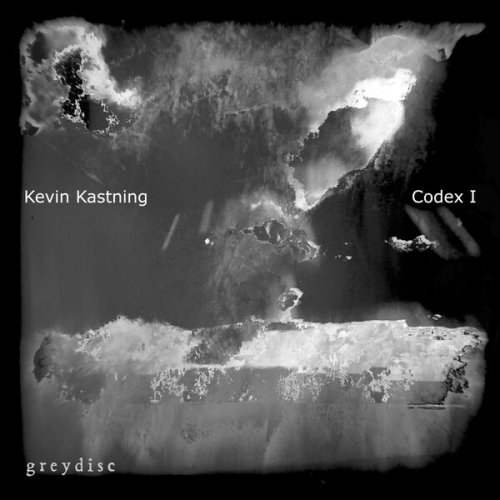Pere Pou Llompart - Mensch, Natur, Existenz (2021)
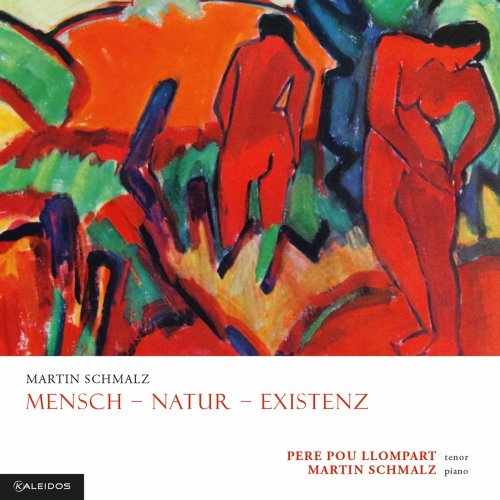
Artist: Pere Pou Llompart
Title: Mensch, Natur, Existenz
Year Of Release: 2021
Label: Kaleidos Musikeditionen
Genre: Classical
Quality: FLAC (tracks+booklet)
Total Time: 64:20 min
Total Size: 277 MB
WebSite: Album Preview
Tracklist:Title: Mensch, Natur, Existenz
Year Of Release: 2021
Label: Kaleidos Musikeditionen
Genre: Classical
Quality: FLAC (tracks+booklet)
Total Time: 64:20 min
Total Size: 277 MB
WebSite: Album Preview
01. Chansons d'amour: No. 1, A Poor Young Shepherd
02. Chansons d'amour: No. 2, Cythère
03. Chansons d'amour: No. 3, Ô triste
04. Chansons d'amour: No. 4, Les coquillages
05. Chansons d'amour: No. 5, Dans la grotte
06. Chansons d'amour: No. 6, Avant que tu
07. Chansons d'amour: No. 7, Streets I
08. 3 Georgische Lieder: No. 1, Am langen Weg
09. 3 Georgische Lieder: No. 2, Wind
10. 3 Georgische Lieder: No. 3, Ohrring
11. 3 Chansons sereines: No. 1, La lune blanche
12. 3 Chansons sereines: No. 2, Feuillet d'album
13. 3 Chansons sereines: No. 3, Sensation
14. Mensch, Natur, Existenz: No. 1, Einsam das Ufer
15. Mensch, Natur, Existenz: No. 2, Gestern Morgen
16. Mensch, Natur, Existenz: No. 3, Der Zug ist pünktlich
17. Mensch, Natur, Existenz: No. 4, Kleines Tal
18. Mensch, Natur, Existenz: No. 5, Frau Welt
19. Mensch, Natur, Existenz: No. 6, Bäume
20. Mensch, Natur, Existenz: No. 7, Hochmut
The second album by composer and pianist Martin Schmalz (born 1975) on the Kaleidos label is entirely dedicated to his piano songs - a genre to which he has a special relationship as a sought-after accompanist and teacher for accompaniment in Frankfurt. According to his own information, he especially admires the songs of Wolf and Debussy, but himself goes in opposite directions when adapting poems, in that he “does not aim at the most precise setting of the speech rhythm”, but “at the power of absolute musical design”. familiar. As a consequence, however, this means that the texts are not interpreted, but broken up and in many cases literally blown up. The poetry of Paul Verlaine (Chansons d’amour, 2012/13) can hardly develop its specific “perfume”, which also applies to the Trois Chansons sereines (based on texts by Verlaine, Mallarmé and Rimbaud) that were created at the same time.
![Berkay Küçükbaşlar, Neva Roman - Down and Out (2025) [Hi-Res] Berkay Küçükbaşlar, Neva Roman - Down and Out (2025) [Hi-Res]](https://img.israbox.com/img/2026-01/28/59i95tf7fzq5cimzpfc3mb6bu.jpg)
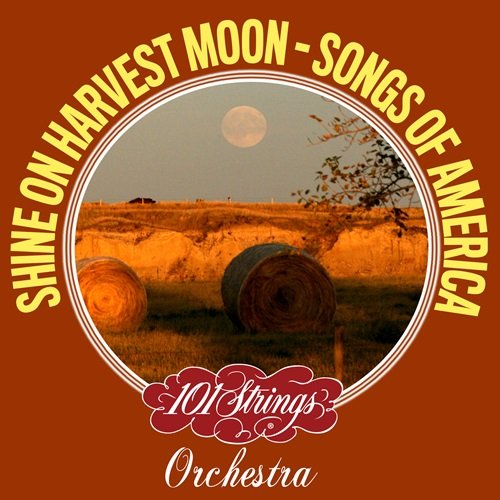
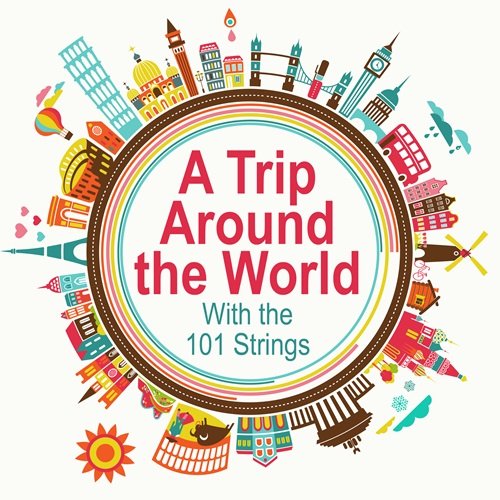
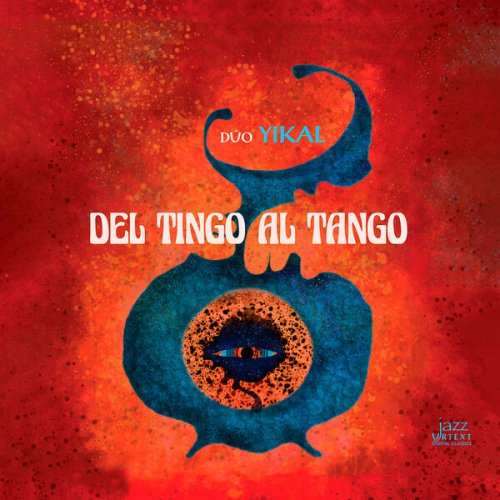
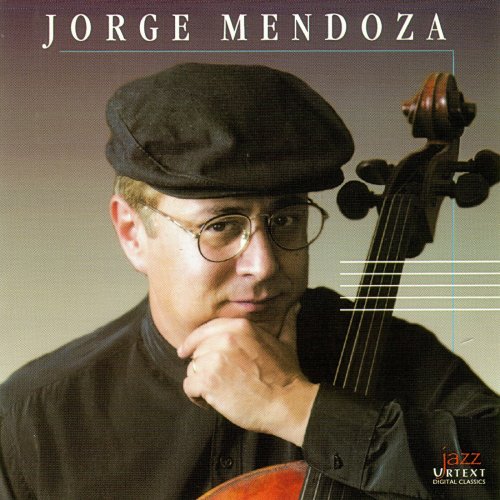
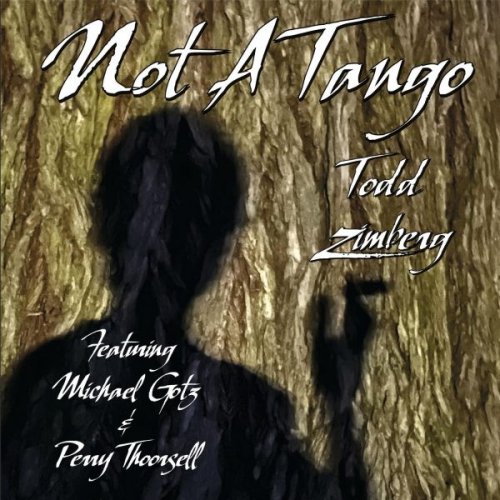

![Ovella Negra - Va de mescles! (2025) [Hi-Res] Ovella Negra - Va de mescles! (2025) [Hi-Res]](https://img.israbox.com/img/2026-01/27/hwawx1tigdrizj1uxrc0ytsm6.jpg)
